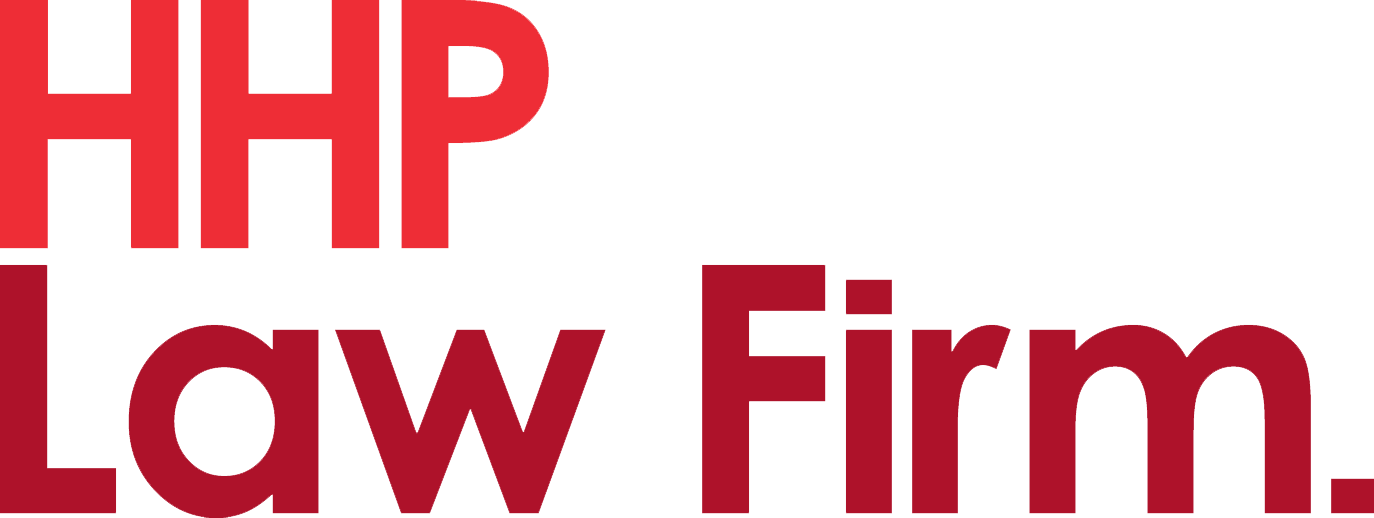An overview of bid-rigging risks from the perspective of Indonesian competition law
In brief
Detecting rigged bids once dominated the workload of KPPU (the Indonesian competition authority), and while that may no longer be the case, the number of bid-rigging cases being handled by the KPPU at any given time remains relatively high. Recent enforcement cases have focused on construction and public procurement projects. Through these cases, KPPU has proven that it is adept in the area of technology – scrutinizing metadata and IP addresses of defendants to uncover evidence of collusion.
Colluding to rig bids is an Article 22 violation under the Indonesian Competition Law (Law No. 5 of 1999, as amended), for which KPPU may impose a fine of IDR 1 billion or more.
Spot and mitigate the risks
Construction and public procurement projects are constantly under the spotlight, not only for bribery and corruption risks, but also for competition risks.
Corporations participating in a tender, including tenders organized by a government authority to procure certain goods and/or services or organized by other parties that are linked to public funding (e.g., in the case of cost recovery), must stay vigilant to spot and mitigate the risks associated with Article 22 violations.
When participating in a tender, be aware of the following red flags:
- Too many, too few, or regular (recurring) participants
- Very narrowly defined scope of work or product specification
- Multiple participants represented by the same, related, or affiliated representatives
- Participants passing certain phases in the tender appearing to have different levels of knowledge of the tender (including scope/specification or owner’s estimate)
Enhance your compliance program
As a developing country, Indonesia offers an abundance of infrastructure and procurement projects planned every year by different institutions and backed by public funding. So if your company intends to participate in these types of tenders, we would recommend a combination of:
- An enhanced compliance program that encompasses antitrust and competition risks, in addition to bribery and corruption risks and other regulatory compliance
- Special compliance training for the relevant personnel attending to tender matters to increase their sensitivity if anything is amiss
- Regular check-ups, annually or bi-annually, to ensure that your company’s policy and compliance program is implemented to the right standard
* * * * *

© 2022 HHP Law Firm. All rights reserved. HHP Law Firm is a member firm of Baker & McKenzie International. This may qualify as “Attorney Advertising” requiring notice in some jurisdictions. Prior results do not guarantee a similar outcome.





